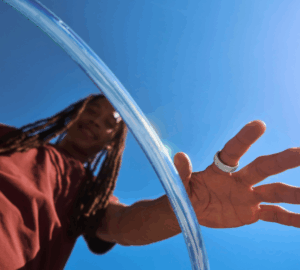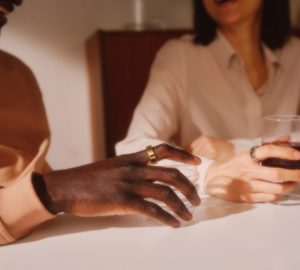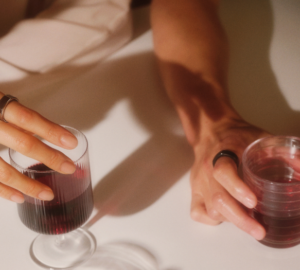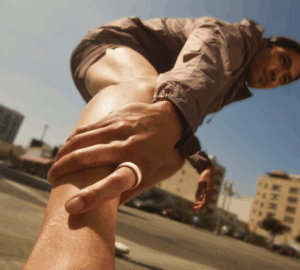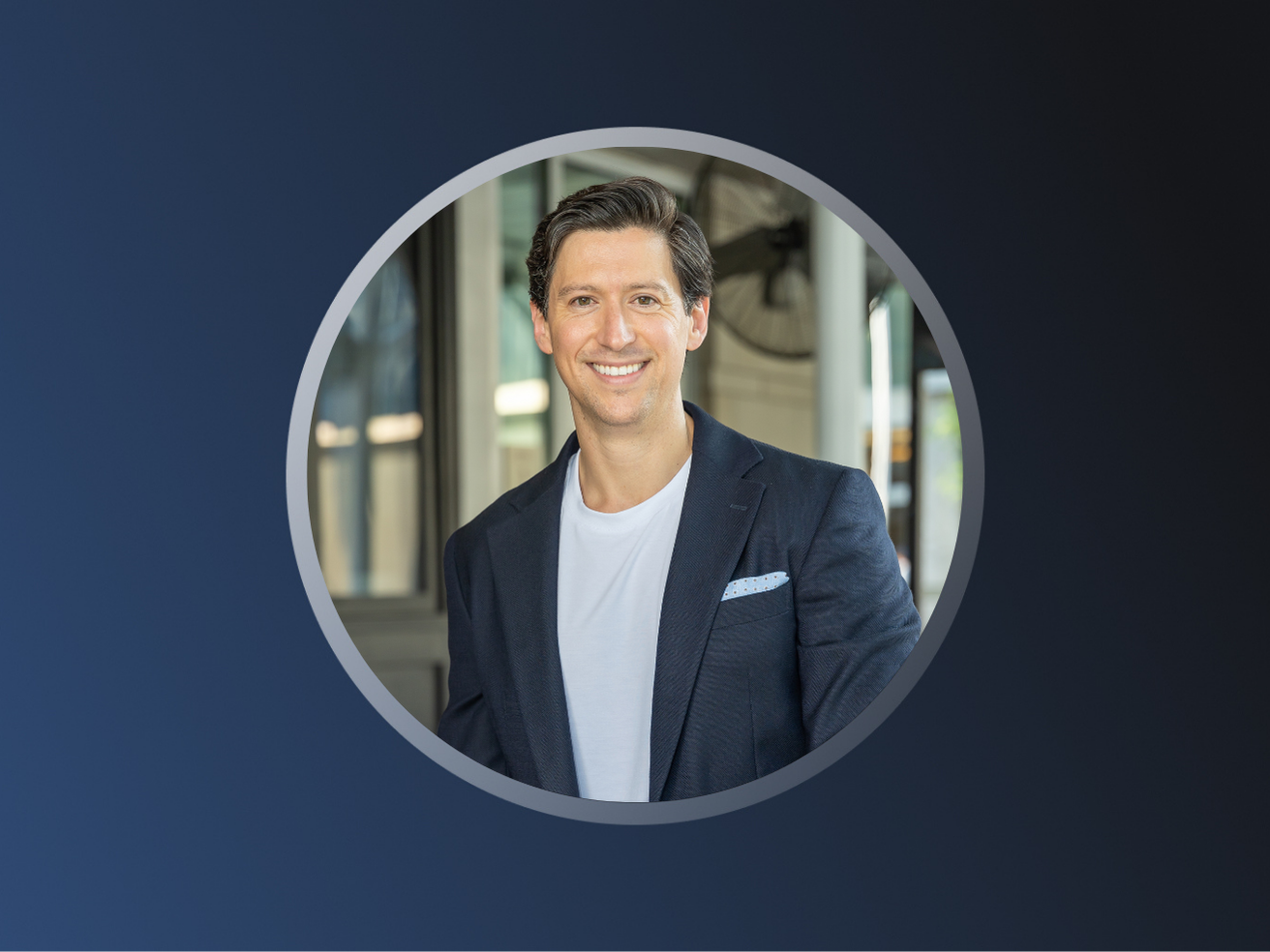Dr. Ryan Williamson, M.D., is a board-certified neurologist, Navy veteran, and the founder of Transcend Health, a performance-medicine practice.
After years in traditional neurology—treating strokes, seizures, neurodegenerative diseases, and life-threatening emergencies—he saw a gap in the healthcare system that he could no longer ignore.
Today, he focuses his career on prevention, longevity, and brain-body performance. He is also the author of The Incredible Brain, in which he distills the science of cognitive vitality into actionable steps anyone can use.
He has been an Oura Member for nearly three years and integrates Oura data into his coaching practice to help individuals build healthier, more resilient lifestyles.
What led you to Oura?
I’ve had Oura Ring for almost three years now. I first heard about it from a colleague in the Navy who had one, and later through a mastermind group. After researching it, I thought, This is completely aligned with my philosophy.
It’s minimal, sleek, and doesn’t overwhelm you with notifications. What stood out to me is the accuracy—the high sensitivity and specificity. It focuses on the health metrics that matter.
And honestly, it’s improved my own health habits a lot. If I have a late drink, I see my heart rate variability (HRV) drop and my heart rate elevate. I can immediately see the impact of my choices.
Long-term, we know lower resting heart rate and higher HRV correlate with living longer. And things like sleeping better, eating earlier, adjusting caffeine—it all matters.
I’m a neurologist, and when I got out of the Navy a few years ago, I realized how much I enjoyed performance medicine instead of the typical things neurologists work with—Alzheimer’s, strokes, brain death, all the terrible things that happen later in life.
What made you shift from traditional neurology to a more longevity-focused approach?
Conventional Western medicine is very reactive. I don’t get a call unless someone is having a serious problem—a stroke, a brain bleed, a life-threatening seizure. And that’s a backward way to manage health.
Yes, we need that system for emergencies. But when someone starts having memory issues or numbness, and it turns out to be a neurodegenerative disease or a tumor, it’s usually too late to actually do anything meaningful. We didn’t optimize or screen early enough.
That’s the part that interests me—prevention, detection, early monitoring. I’ve seen the story play out thousands of times where I can’t do anything anymore. But if we’d gone back 10, 20, 30 years, we would’ve had all the options in the world to keep that person healthy.
With where technology is going—AI, personalized medicine—the future of healthcare is going to hinge on prevention.
READ MORE: A Daily 5-Step Protocol to Promote Brain Health & Cognitive Vitality
You also use Oura with your clients. Can you share more about that?
I run a group coaching program and a one-on-one program for executives and business owners. I provide Oura Ring to my executive clients because we track everything using their biometrics—sleep, activity, recovery, stress levels.
READ MORE: What Makes Oura Ring Different?
If someone doesn’t have Oura Ring, I tell them they need one. This data gives us objective information we can measure, track, and optimize. 70–90% of all health outcomes are due to lifestyle. But people get distracted by the idea that they need peptides, stem cells, or expensive treatments. Those things have specific use cases. But they’re not the foundation.
The foundation is the boring stuff— sleep, nutrition, movement, stress, and connection. And Oura helps you track all of that. That’s where my B.R.A.I.N. Protocol comes from: a simple, actionable system based on what the evidence tells us.
What do you wish more people understood about their health?
I really want people to know they are in control of their health—much more than they think. People often say, ‘My mom had Alzheimer’s,’ or ‘diabetes runs in my family.’ But in most cases, individuals have far more control than they realize.
Your habits are what matter. A ship leaving London that’s one degree off course ends up somewhere completely different by the time it crosses the Atlantic. Your health is the same—small daily habits compound, in either direction.
What’s Your Oura Story?
Everyone’s story is unique, and we’d love to hear yours. Share your story here.







